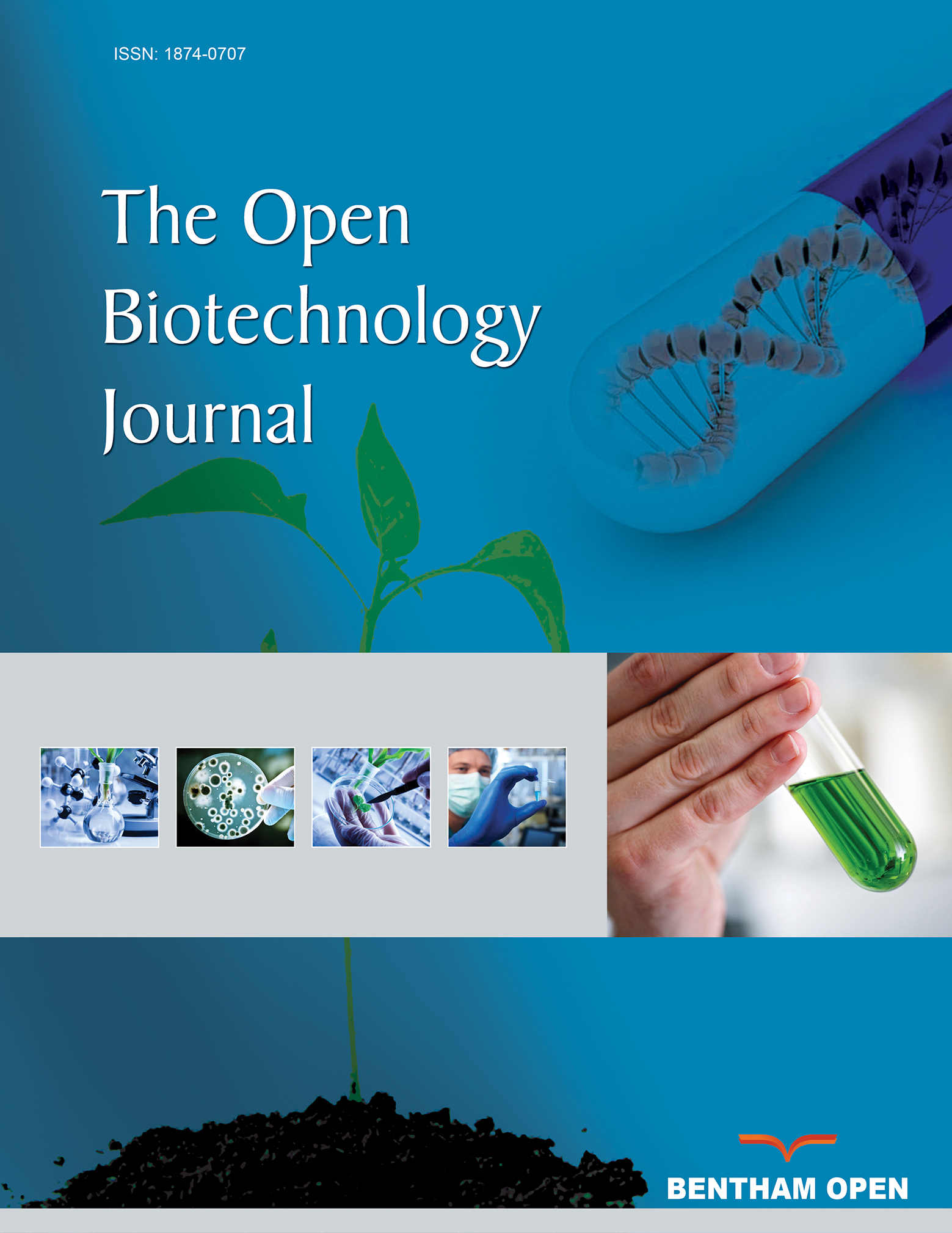All published articles of this journal are available on ScienceDirect.
Production of Ligninolytic Enzymes from Penicillium Sp. and Its Efficiency to Decolourise Textile Dyes
Abstract
Background:
The present study discussed the bio decolourization of synthetic textile dyes using extracellular crude laccase from an Ascomycetes fungus Penicillium sp. Laccase based decolourization is found to be potentially advantageous to bioremediation technologies.
Methods:
In this study, the production of laccase was observed for 7 days of incubation under shaking conditions. Maximum laccase production was secreted by fungal strain on the 6th day of incubation under submerged fermentation. Incubation of fungal mycelium and culture filtrate as crude enzyme obtained from Penicillium sp. with textile dyes - Indigo, Reactive black-5, Acid blue -1 and Vat brown -5 on solid PDA medium and liquid PDA broth showed effective biological dye decolourisation.
Result:
Solid state dye decolourisation had shown 45%, 25%, 50% and 72% colour removal of dyes - Indigo, Reactive black-5, Acid blue -1 and Vat brown -5 whereas maximum decolourization of same dyes of 45%, 20%, 48%, and 75% was obtained in liquid state with crude enzyme within 3h.
Conclusion:
The results had shown the potential dye decolourisation capacity of the Penicillium sp. extracellular crude laccase and pave a way to apply this strain on an industrial scale.


